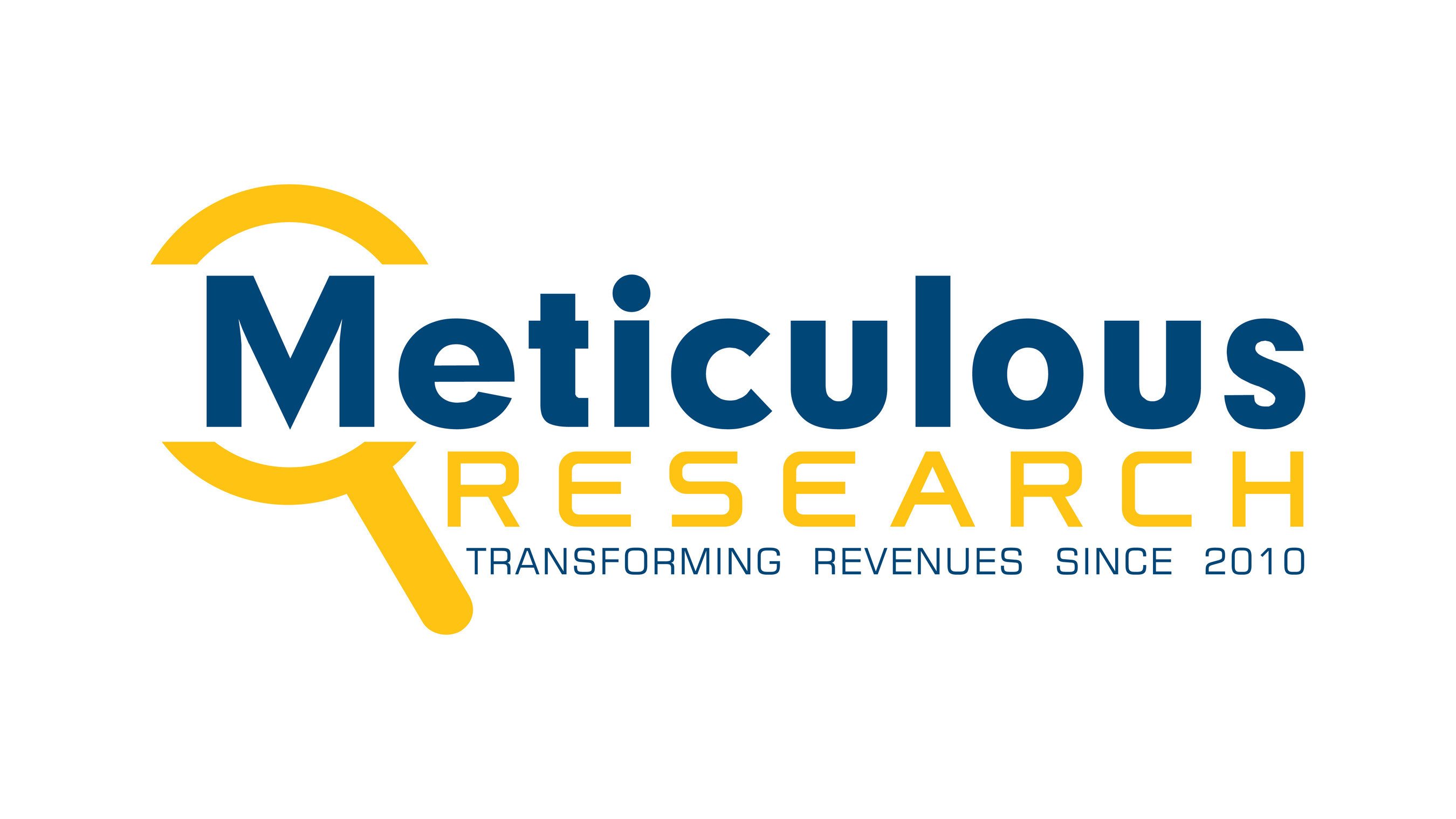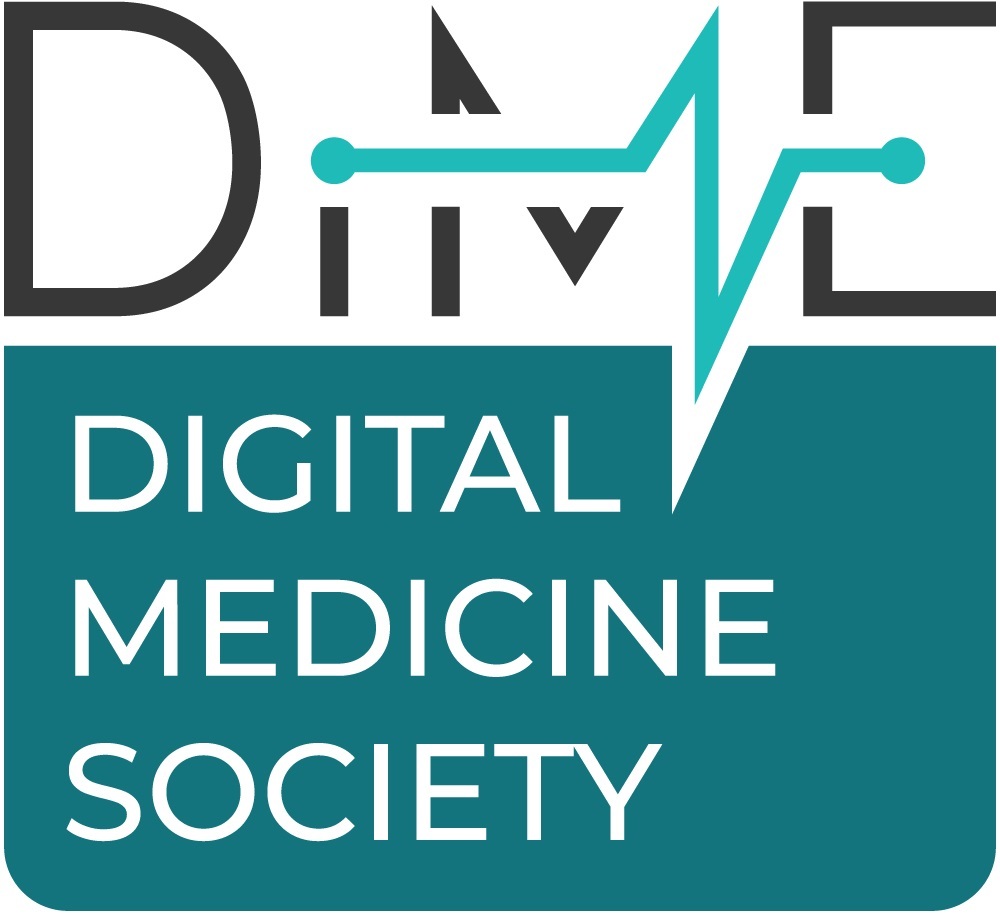Market Growth Driven by Adoption of AI, Advanced Robotics, and Cloud Computing Solutions
REDDING, Calif., April 11, 2025 -- According to a new market research report titled "Digital Transformation Market in Manufacturing by Offering (Services), Enterprise Size, Deployment Mode, Technology (Cloud Computing, AI & ML, IoT, AR & VR), End-use Industry (Pharmaceuticals) - Global Forecast to 2032", published by Meticulous Research®, the global digital transformation market in manufacturing is projected to reach $1,170.7 billion by 2032, growing at a robust CAGR of 23.7% from 2025 to 2032. This expansion is driven by the increasing adoption of Artificial Intelligence (AI) and Machine Learning (ML), the rise of advanced robotics and automation, and manufacturers' preferences for cost-efficient processes.
Browse in-depth scope of Digital Transformation Market in Manufacturing Report:
229 – Tables
43 – Figures
260 – Pages
For more comprehensive insights, download the FREE report sample: https://www.meticulousresearch.com/download-sample-report/cp_id=6142
KEY MARKET DRIVERS AND TRENDS
The digital transformation market in manufacturing is rapidly expanding, driven by the increasing adoption of AI, machine learning, and advanced robotics to enhance operational efficiency, reduce downtime, and optimize production. Cloud computing is also playing a vital role, offering scalable and flexible solutions for real-time collaboration and data access. The integration of IoT devices is transforming manufacturing floors into smart, connected ecosystems, enabling predictive maintenance and process automation. Additionally, rising demand for customized products and faster time-to-market is pushing manufacturers to embrace digital technologies. Sustainability initiatives and the need for cost-efficient production methods further fuel this trend, making digital transformation a strategic priority across the manufacturing sector.
GROWTH OPPORTUNITIES
The digital transformation market in manufacturing presents numerous growth opportunities driven by technological advancements and evolving industry demands. One of the most significant opportunities lies in the integration of Artificial Intelligence (AI) and Machine Learning (ML) into manufacturing operations. These technologies enable predictive maintenance, real-time process optimization, and intelligent decision-making, allowing manufacturers to improve efficiency, reduce downtime, and lower operational costs.
Another major opportunity is the adoption of Industrial Internet of Things (IIoT). By connecting machines, sensors, and systems, IIoT enables seamless data exchange, visibility across the production line, and proactive monitoring of assets. This connectivity leads to smarter factories, where automation and data analytics enhance productivity and product quality.
Cloud computing is also a key growth driver, offering scalable infrastructure, data storage, and remote collaboration tools. With cloud-based solutions, manufacturers can manage global operations more effectively, integrate digital tools across facilities, and respond swiftly to market changes. Furthermore, hybrid cloud models offer flexibility and security, making them increasingly attractive.
Augmented Reality (AR) and Virtual Reality (VR) present emerging opportunities in workforce training, remote assistance, and product design. These immersive technologies improve employee efficiency, reduce training costs, and support rapid prototyping and customer engagement.
Sustainable manufacturing is gaining momentum as companies aim to reduce carbon footprints and comply with environmental regulations. Digital solutions that monitor energy consumption, optimize supply chains, and reduce waste offer long-term value and open new avenues for innovation and differentiation.
Additionally, the growing emphasis on smart factories and Industry 4.0 initiatives, particularly in emerging markets, is accelerating the demand for digital transformation. Governments and industry bodies are supporting this shift through incentives and policy frameworks, creating a favorable environment for investment.
Therefore, these factors make digital transformation a critical enabler of innovation, competitiveness, and sustainable growth in the manufacturing sector.
Get Insightful Data on Regions, Market Segments, Customer Landscape, and Top Companies (Charts, Tables, Figures, and More)- https://www.meticulousresearch.com/product/digital-transformation-market-in-manufacturing-6142
MARKET CHALLENGES
Despite strong growth, the digital transformation market in manufacturing faces several challenges. High implementation costs remain a major barrier, especially for small and medium-sized enterprises that may lack the resources for large-scale digital upgrades. Data security and privacy concerns are also significant, as increased connectivity and cloud reliance expose systems to cyber threats. Additionally, integrating new technologies with legacy systems can be complex and time-consuming, causing operational disruptions. There is also a shortage of skilled professionals capable of managing advanced digital tools like AI, IoT, and robotics. Resistance to change within traditional manufacturing environments further hampers adoption. Lastly, unclear ROI and the rapid pace of technological advancements can make long-term planning and investment decisions more difficult for manufacturers.
SEGMENT INSIGHTS
The global digital transformation market in manufacturing is segmented by offering (hardware, software, and services), enterprise size (small & medium enterprises and large enterprises), deployment mode (cloud-based deployment and on-premises deployment), technology (mobile technology, internet-of-things (IoT), network connectivity, digital twin & simulation, robotic process automation, cloud computing, artificial intelligence & machine learning, AR & VR, additive manufacturing & 3D printing, big data & analytics, and cybersecurity), end-use industry (semiconductor & electronics, automotive, food and beverages, chemicals, heavy metal and machine manufacturing, energy and power, aerospace and defense, pharmaceuticals, FMCG, and other end-use industries), and geography. The study also evaluates industry competitors and analyzes the market at the country and regional levels.
Market by Offering
By 2025, the services segment is anticipated to lead the digital transformation market in manufacturing. This dominance is driven by the increasing reliance on expert consulting, system integration, and ongoing support required to implement and manage complex digital ecosystems. As manufacturers navigate the transition to smart factories, they seek end-to-end services that include strategy development, technology deployment, and workforce training. The demand for personalized digital roadmaps and scalable implementation services is also on the rise, especially among enterprises looking to enhance productivity and minimize downtime. Additionally, the rapid pace of technological change is fueling a growing need for agile support models and managed services partnerships.
Furthermore, the services segment is sub-segmented into consulting, planning and designing, engineering, support and maintenance, application development, network infrastructure management, and other services. The rising need for expert guidance, seamless integration, infrastructure optimization, system upgrades, and agile application development to ensure smooth digital transitions and sustained operational efficiency in manufacturing are further expected to support the growth of this market.
Market by Deployment Mode
By 2025, the cloud-based deployment segment is anticipated to lead the digital transformation market in manufacturing. The large share of this segment is mainly attributed to the increasing adoption across all scales of manufacturing enterprises. Manufacturers are increasingly leveraging cloud platforms to access real-time data, enhance interdepartmental collaboration, and streamline business operations remotely. The flexibility offered by cloud solutions allows companies to scale resources on demand, enabling faster response to market shifts and production needs.
Unlike traditional on-premises systems, cloud-based deployments reduce the need for heavy capital investment in IT infrastructure and minimize maintenance burdens. Additionally, with the rise of hybrid work models and global supply chains, cloud technology ensures seamless connectivity, data security, and operational continuity across multiple locations.
Market by Technology
By 2025, the cloud computing segment is anticipated to lead the digital transformation market in manufacturing, driven by its pivotal role in enabling digital connectivity and operational agility. Cloud platforms facilitate seamless data exchange across departments and geographies, empowering manufacturers to improve collaboration and streamline workflows. With cloud-based solutions, organizations gain access to high-performance computing resources, up-to-date applications, centralized data storage, and advanced automation tools—all without significant infrastructure investment. The shift toward Software-as-a-Service (SaaS) and Infrastructure-as-a-Service (IaaS) models further boost the cloud's appeal by offering scalability, lower maintenance burdens, and faster deployment cycles.
On the other hand, the artificial intelligence and machine learning segment is poised to witness the fastest growth over the forecast period. The rising demand for intelligent automation, real-time data processing, and predictive analytics is fueling the integration of AI/ML technologies into manufacturing processes. Manufacturers are increasingly adopting AI for optimizing supply chain management, forecasting maintenance needs, improving production planning, and enhancing quality control. Furthermore, machine learning algorithms are being used to detect anomalies, anticipate equipment failures, and bolster cybersecurity defenses by identifying emerging threats.
In addition, AI-driven insights are transforming customer experience strategies by enabling hyper-personalization and automating customer service functions. As manufacturers prioritize data-driven decision-making and agile operations, AI and ML will play a central role in reshaping production ecosystems and accelerating digital transformation initiatives.
Request a customized research analysis tailored to your specific requirements: https://www.meticulousresearch.com/request-customization/cp_id=6142
GEOGRAPHIC MARKET INSIGHTS
Geographically, Asia-Pacific is expected to lead the market by 2025, supported by its region's robust industrial infrastructure, rapid digital adoption, and strong governmental backing for smart manufacturing initiatives. Countries such as China, Japan, South Korea, and India are spearheading this transformation through substantial investments in cutting-edge technologies like AI, Industrial IoT (IIoT), robotics, and digital twin systems. China continues to lead globally in manufacturing output and is aggressively pushing digital initiatives under its "Made in China 2025" strategy. Japan and South Korea, home to global leaders in electronics and automotive industries, are at the forefront of robotics and intelligent factory deployments. Meanwhile, India's "Make in India" campaign is encouraging both local and foreign investment in digitizing manufacturing operations, driving rapid technology uptake among SMEs and large enterprises alike.
Asia-Pacific also benefits from a thriving ecosystem of tech innovators and automation startups, as well as a dense presence of global cloud, AI, and software providers. The region is experiencing exponential growth in enabling technologies such as 5G, cloud platforms, and real-time analytics, further accelerating the shift toward smart manufacturing environments.
Moreover, rising labor costs and the increasing demand for efficient, high-precision production are compelling manufacturers to adopt advanced digital solutions. Governments across the region are introducing favorable policies, tax incentives, and R&D grants to boost digital capabilities in manufacturing. As a result, Asia-Pacific is emerging as the global hub for digital transformation in manufacturing, setting benchmarks for innovation, productivity, and competitiveness on the global stage.
Immediate Delivery Available | Buy this Research Report (Insights, Charts, Tables, Figures, and More)- https://www.meticulousresearch.com/view-pricing/1459
COMPETITIVE LANDSCAPE
Major companies in the global digital transformation market in manufacturing have implemented various strategies to expand their product offerings, footprints, and market shares. The key strategies followed by most companies in the digital transformation market in manufacturing were product launches & enhancements, mergers & acquisitions, agreements, collaborations, and partnerships.
Some of the prominent players that adopted these growth strategies are International Business Machines Corporation (U.S.), Siemens AG (Germany), Microsoft Corporation (U.S.), SAP SE (Germany), Capgemini SE (France), ABB Ltd. (Switzerland), Deutsche Telekom AG (Germany), Telefónica, S.A. (Spain), Accenture plc (Ireland), TE Connectivity Ltd. (Switzerland), NXP Semiconductors N.V. (Netherlands), Telefonaktiebolaget LM Ericsson (Sweden), Intel Corporation (U.S.), Tata Consultancy Services Limited (India), and Cisco Systems, Inc. (U.S.).
Related Reports:
About Meticulous Research
We are a trusted research partner for leading businesses worldwide, empowering Fortune 500 organizations and emerging enterprises with market intelligence designed to drive revenue transformation and strategic growth. Our insights reveal future growth opportunities, equipping clients with a competitive edge through a versatile suite of research solutions—including syndicated reports, custom research, and direct analyst engagement. Each year, we conduct over 300 syndicated studies and manage 60+ consulting engagements across eight major sectors and 20+ geographic markets, all to deliver targeted business insights that help our clients lead in a rapidly evolving global market.
With a strong focus on problem-solving for complex business challenges, our research enables organizations to navigate change with assertion, aligning it with strategic pathways for sustainable growth. By identifying innovative and effective solutions, we empower leaders to make impactful decisions that drive operational excellence and fuel innovation. We are committed to crafting insights that enhance business performance and help our clients unlock new revenue opportunities, positioning them for long-term success in the competitive global marketplace.
To find out more, visit www.meticulousresearch.com or follow us on LinkedIn
This News is brought to you by Qube Mark, your trusted source for the latest updates and insights in marketing technology. Stay tuned for more groundbreaking innovations in the world of technology.









